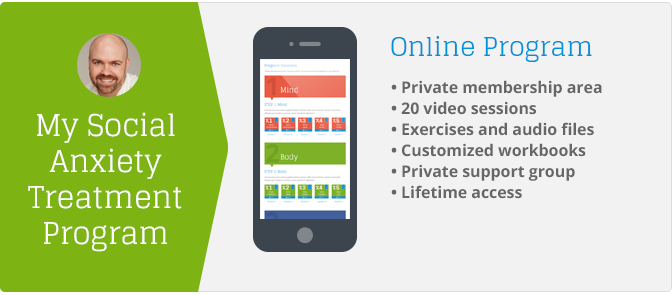Why We Prefer to Learn Mindfulness Skills Online

The best way to learn mindfulness skills is via the internet.
Well, you might think I’m bound to say that, but now researchers from the United States have published a study which confirms our theory and explains exactly why we prefer to log-on to learn mindfulness rather than join group therapy or find one-on-one tuition.
The pioneering findings from Oregon Health and Science University (OHSU) and the National College of Natural Medicine were published in the Open Medicine Journal and are believed to be the first of their kind to compare how people receive mindfulness instruction.
Of the 500 people aged between 18 and 70 who took part in the study, an overwhelming 43% preferred the internet as opposed to 20% who chose a group format and 38% who chose an individual format. Group therapy was the last choice for 57% of respondents and more than 1 in 10 people said they would actually refuse to take part in a group format.
As the researchers say in their introduction to the study, group mindfulness-based formats are inexpensive, easy to implement, have minimal side effects, and engage patients to take an active role in their treatment as well as showing demonstrable improvements in quality of life, depression, anxiety, coping style, sleep disturbances, stress and chronic pain.
So why do so many people reject them?
The main reason given for avoiding group therapy is actually the very reason why people look to learn mindfulness in the first place: social anxiety. The researchers found “the most prevalent con responses for the group format were anxiety from social situations and negative group dynamics”.
Respondents also found the logistics of getting to meetings difficult.
“Many people who are interested in group mindfulness meditation interventions (MMI), such as parents or other caregivers, have busy schedules and adding a 2.5 hour weekly class and a full day retreat is prohibitive. Travelling to group classes can be challenging for those who live far from the location. Others for whom local groups are not available, such as rural residents, may also benefit from nongroup formats. Developing an alternative delivery format for this highly effective intervention is essential.”
The biggest point in favour of internet delivery was convenience with more than two thirds of those who liked the online format saying there were no travel costs, the course was self-paced, time and scheduling was simpler and they found it easier to use than other formats.
Study author OHSU assistant professor Dr. Helané Wahbeh said:
“So many people who want and would benefit from mindfulness meditation training do not ever receive it because of schedules, location, and / or an aversion to being in live groups. Offering mindfulness training in an Internet format allows these people to actually receive the training benefits. We are lucky to live in a world where such alternative formats are available.”
These findings certainly reflect what I’ve experienced with feedback showing that people prefer the flexibility to choose their own timeframe for learning mindfulness skills – especially when they first embark on their journey to tackle their social anxiety.
What works best for you? Do you have a particular place or time of the day where you find mindfulness is more successful? I’d love to hear from you about it!
All the best, Kyle
__
My online social anxiety program includes a module on mindfulness therapy, and includes videos, audio downloads and a supporting workbook to help. For more information on how my program can help you deal with social anxiety, click here



Austin Armstrong
Jess is a mess